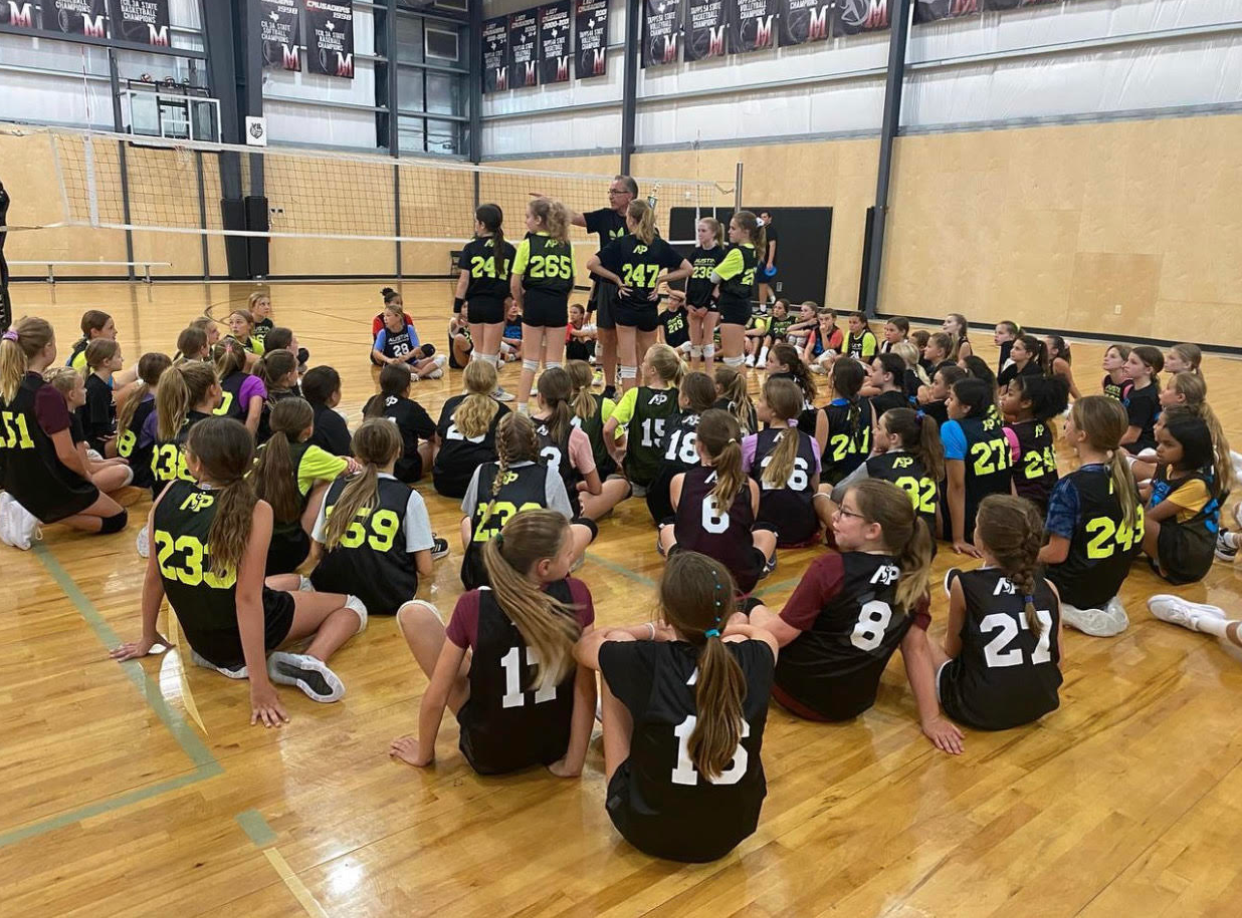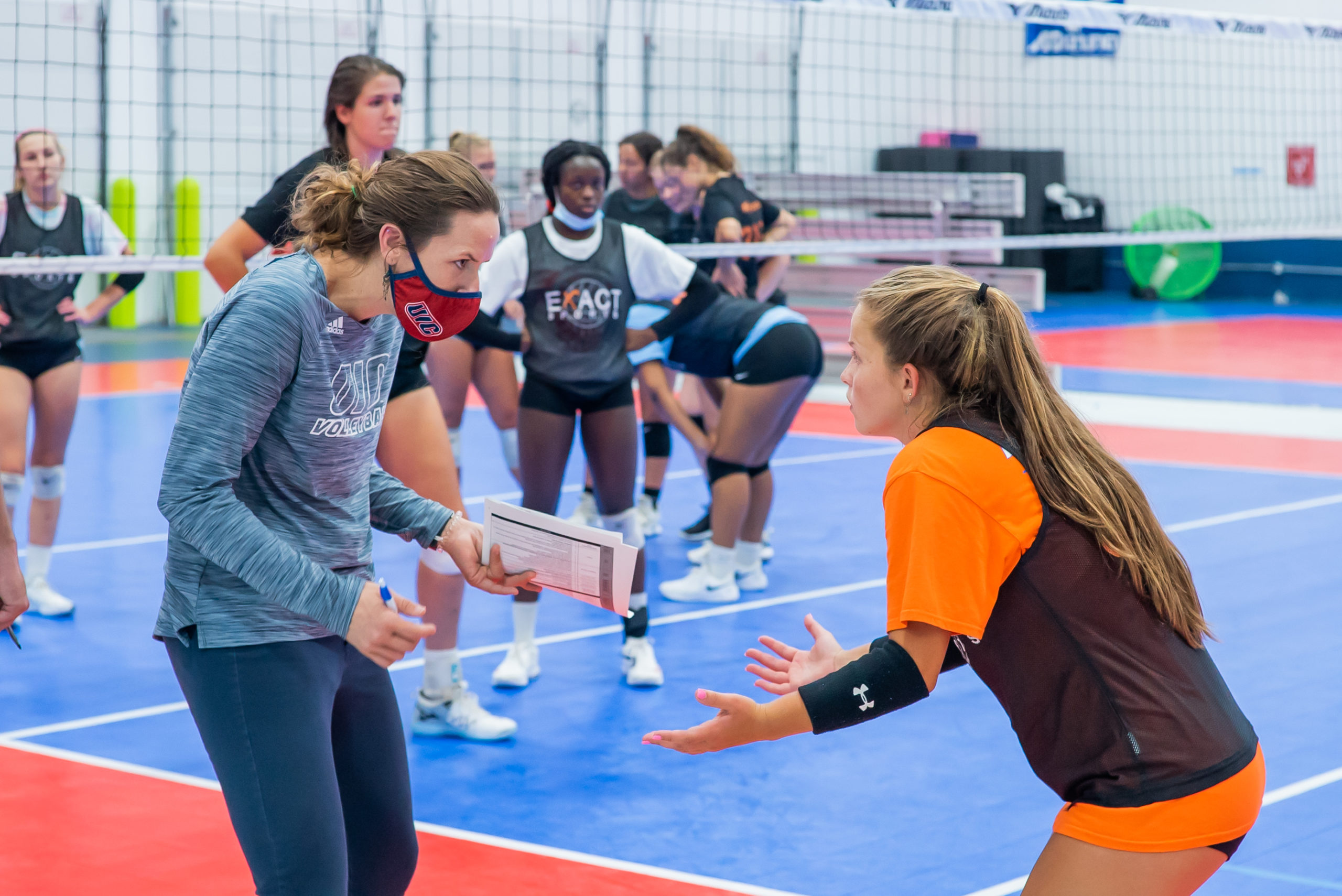_
Jordan Pickett
Southwestern University
February 3, 2023

Youth Sports are More Than Wins and Losses
Everyone wants their child to be the next athletic prodigy, the all-star player, and to immediately love the sport – especially if you, the parent, love the sport they are playing. However, youth sports are much more valuable than a win-loss record and how ‘good’ the child is. Your child does not have to be the most talented to reap the benefits of youth sports. Maybe more so, if your child is the most talented, emphasizing these benefits of youth sports as the key to success will help develop the best version of herself as an athlete. There is an ongoing list of skills youth athletes learn in sports, but for starters: here are 10.
1. Teamwork
Teamwork may seem like a cliche place to start. Still, in today’s society, when independence is highly praised, systems are automated, and much communication happens behind a screen, teamwork is more valuable than ever. The skill it takes to work with people different from oneself, and achieve a common goal is a prized skill. Teamwork takes humility and communication, and it takes seeing the value of working together. It is the ultimate goal.
2. Leadership
Leadership is a favorite of mine personally to develop. Many people believe that leadership is innate, but I think it is cultivated. There are many forms of leadership, and it takes all of them to be successful in sports. Leadership is the ability to influence the people around you. When kids play youth sports, they learn through trial and error how to lead themselves (control themselves to make better decisions) and communicate to inspire a change in others. Bold character traits and emotions have a place in youth sports as they can be directed into leadership skills.
3. Problem-Solving
Youth sports are the perfect place to learn the hard work it takes to solve problems. There is always an obstacle to overcome, and a challenge to work through. Confidence is groomed by meeting and working through challenges. So not only do kids who play youth sports learn the skills of resourceful problem solving, but with the right environment, they also gain confidence.

4. Resilience
The quality takes to bounce back– resilience is the ultimate success builder. Often in our world, kids, students, and even adults quit when things get complicated. People also (maybe I should say we, as I am not immune to this myself), often take failure as an identity, a period, and an endnote of their self-esteem. Sports teach the athlete that losing, or failing, is essentially learning. Life is about how we respond to challenges. Every sport has a goal, a challenge, a technique, or an obstacle that requires effort. Anything that requires effort inevitably comes with the potential for failure. However, sports provide an arena of constant challenges, constant failure, and thus constant resiliency opportunities. Miss a free throw? The game goes on. What are you doing next? Get beat on defense on the lacrosse field? How are you going to respond? Youth sports demand such an incredible space to create grit and resilience.
5. Bravery
From one athlete to someone who knows a youth athlete, I almost put humility here. While youth sports definitely teach that there is no star in life, and teaching learning to do your role well and love the end goal of the team rather than individual success is a skill worth knowing. It takes more effort to do the work of being a brave athlete. The bravery to make the assist, to let someone else get the credit is robust. The courage it takes to shoot the soccer ball from way outside the box is valuable. The bravery takes to hold your teammates accountable, and to display an imperfect skill in front of fans is not to be taken lightly. Sports demand criticism and feedback by default, and it takes a courageous kid to continue to seek it.
6. Diverse Communication Skills
Seeing youth athletes communicate with each other is rewarding and exciting to see. Only some learn or hear the same way. When the setter gives, a play call, players respond differently. Some need to provide recognition they received the play. Some verbally respond. Some do so nonverbally. The setter had to be able to receive each of those. Youth sports teach athletes how to communicate with joy, stress, passion, and with control. There are an increasing number of variables in youth sports, each one needing a slightly different mode of communication. Athletes who choose to avoid learning diverse contact well are usually poor teammates. Athletes who know well became incredible communicators in and out of the sports setting.
7. Emotional Self- Regulation
Adults know that you cannot say everything you think, and you definitely cannot always react immediately to what you feel. Life creates a myriad of emotions. Youth sports create a cocoon of space where wide and big feelings can be felt, but their regulation is necessary. Athletes get angry, frustrated, offended, and embarrassed, but the best athletes don’t always show this. Imagine you are a youth gymnast. There are no cameras, only judges, and you get docked points on your routine that you disagree with? How do you respond? Do you scream and yell? Do you let your emotions distract you from the next event? Youth sports teach us how to hear a comment, a ref or umpire call, and how to regulate emotions in response, or the potential to learn this skill is there.
8. Confidence
There is nothing like working hard on a skill, completing a task, and the confidence that comes with it. Athletes do gritty work to improve their skills. When those skills are used well, confidence happens. Confidence comes from knowing that success is possible, and the remembrance of the small wins that lead to the current level of success.

9. Social Skills
Every time a youth athlete is placed on a team, there is an immediate need for connection. 1 or more coaches and 2-90 teammates are placed in that athlete’s circle of influence. The skills of connecting, sharing small personal details, creating memories, making jokes, going through trials, and witnessing triumphs– these are all social aspects of an athlete’s life. Youth that is not in sports possibly build this skill, but being on a team creates a container where the skills learned are inevitable if the culture is correct.
10. Disipline
If the culture creates a premium on it, youth sports teach discipline. Discipline is the will to do what it takes to succeed consistently. In any given sport, the work it takes to succeed comes from practice. A swimmer perfects his strokes over and over until it is most efficient. A runner runs miles and brings thousands of strides to improve their skill. That takes discipline. Even in youth sports that do not create a high demand for success in agility, it takes discipline to come to practice with you do not feel like it. Make sure you have all your gear in your bag, etc. Discipline is a key to youth sports.
Youth sports are precious. I am curious how many of these skills need to be improved by people outside of youth sports.

